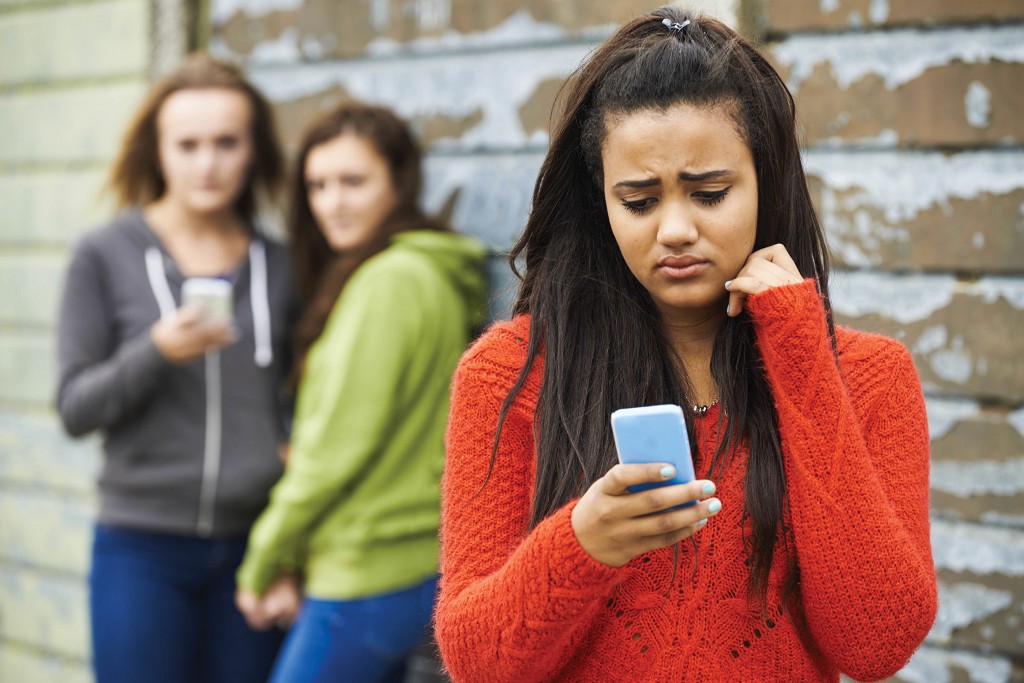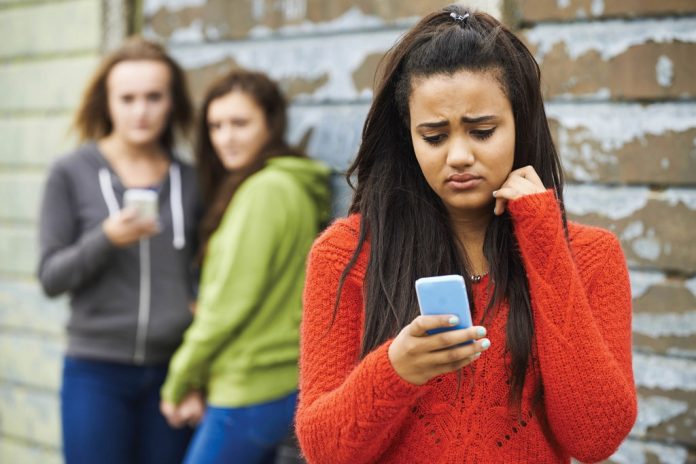CORA Services will host a community conversation about how to keep kids safe from cyber bullying and other online risks.

Bullying is no longer reserved to classrooms and school playgrounds. Thanks to social media, kids carry their reputation with them everywhere they go.
CORA Services will host the second discussion in its Community Conversation series, called Social Media 101: What Parents Need to Know. It will happen at the conference center at 8540 Verree Road Wednesday, March 14 at 6 p.m.
The discussion is aimed at equipping parents and kids with knowledge and safety tips about how to operate online. It will feature a presentation from Anthony W. Luker, an education and outreach specialist from the Pennsylvania Attorney General’s Office of Public Engagement.
“With a litany of options available in regards to social media platforms, encouraging parents to perform due diligence is paramount,” Luker said. “Engaging in open dialogue and monitoring what your children are doing, plays a significant role in keeping our children safe in all walks of life.”
The numbers are undeniable — 75 percent of 18-year-old girls say they have experienced online bullying, while 85 percent of 19-year-old boys say they have.
Dangers such as cyberbullying, hackers, child predators, inappropriate content, theft of personal information and oversharing information are among what young people can encounter online.
The danger arises from anonymity. A bully on the schoolyard faces the risk of getting caught by a teacher and having to give back the lunch money.
It’s also pervasive.
“Bullying in person is usually over quicker and kids can remove themselves from the situation by going home or out with friends,” said MaryAnn Donnelly, a counselor at CORA who goes to schools.
Beyond just bullying, kids also live a lot of their social lives through the internet. Donnelly said kids rely on comments and “likes” for their own self-esteem and socialization needs, and that they are sometimes willing to engage in risky behavior to attract more.
“The effect of cyber bullying can be very serious because kids value how their image is perceived online,” she said. “Cyber bullying is out for public view. It spreads quickly, sometimes 24/7, and kids can’t get away from it.”
Donnelly said parents should be involved with their kids’ online activity.
“Parents actually need to be involved,” she said. “It is their responsibility to protect their children. Children developmentally are not fully aware of the consequences of internet and social media dangers — even older teenagers do not seem to be aware of the long-term consequences that may affect them in their future endeavors.”
Luker compared online safety to teaching a teen how to drive.
“We don’t simply hand over the keys and allow them to drive without first teaching and monitoring them,” he said. “The same rule of thumb must apply when introducing our children to the internet and discussing the dangers it can sometimes present.”
As far as safety tips, those will be discussed by Luker and a panel of students who have experienced online bullying firsthand. Donnelly did give 10 tips for dealing with an issue:
• Block the bully.
• Ignore it if it’s a first offense.
• Don’t retaliate.
• Tell an adult.
• Save the evidence.
• Keep a log of everything that has occurred.
• Report any cyber bullying to the social media site.
• Don’t share your passwords or accounts or any other personal information.
• Keep it kind.
• Crush cruel content.
The event is free and open to the public, but pre-registration is highly recommended as space will be limited. To register call 215–342–7660 or visit coraservices.org. ••





